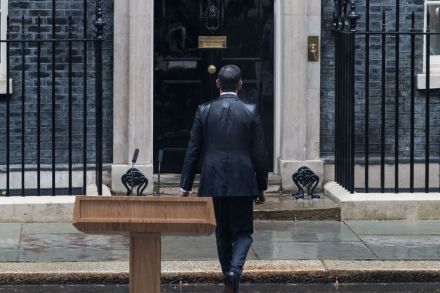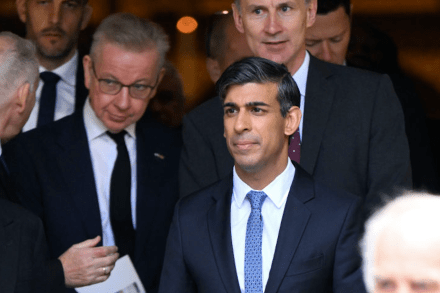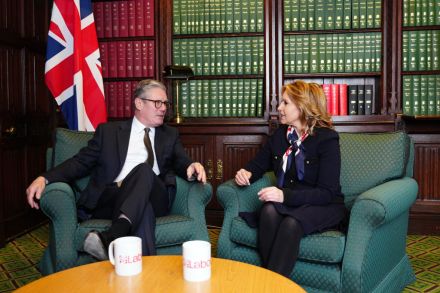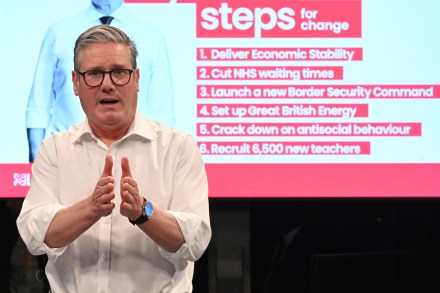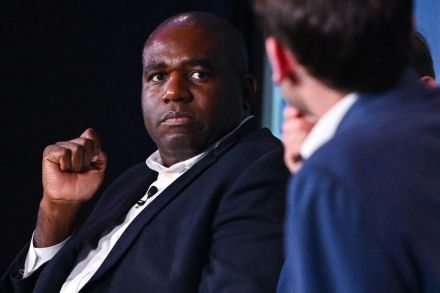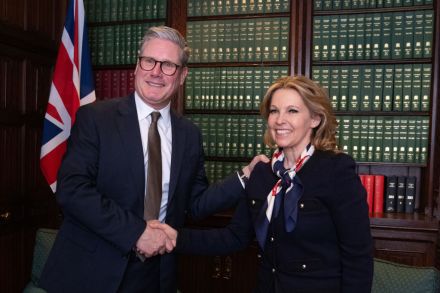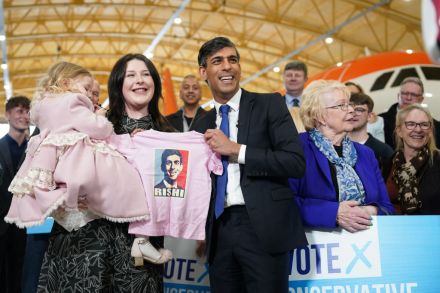Home insulation is the latest net zero farce
Zoe Godrich of Swansea might best be described as collateral damage in Britain’s glorious march towards net zero. Three years ago, she had her three-bedroom home fitted with cavity-wall insulation – which the government is out to encourage through its Great British Insulation Scheme. Sadly for her, it has not worked out quite as intended. With Labour now promising billions more to retrofit homes with this kind of stuff, what could possibly go wrong? Within weeks of having it fitted, Godrich says her walls started to run with water, and black mould started to form on her walls. She can no longer use two of her bedrooms, and she and









